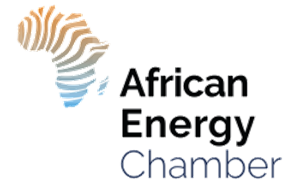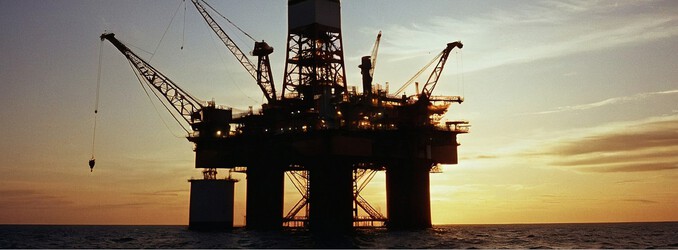Environmental advocate group Greenpeace has spoken out against the African Energy Chamber (AEC) and Africa’s energy sector, citing the continent’s efforts to accelerate development as a coordinated attack on the right to dissent, the AEC said on Monday.

Using the example whereby a jury in North Dakota issued a landmark ruling, ordering Greenpeace to pay $660 million in damages for malicious interference with the Dakota Access Pipeline, the organization has declared that companies such as the African Energy Chamber utilize Strategic Lawsuit Against Public Participation – SLAPP suits – to intimidate and silence critics.
“Let us be clear: lawsuits like the example above are not tactical weapons to intimidate; it is a clear example of justice being served to organizations attempting to dismantle global development and community empowerment,” said the African Energy Chamber in a scathing response.
“Greenpeace has proven time and time again that it does not in fact care about people; it operates under a mandate to attack the energy industry,” AEC’s response continued. “The AEC has been consistent in its calls, advocating for justice, inclusive development and equitable investments. On the other hand, Greenpeace has been consistent in its attacks, targeting projects that stand to make a difference in the world.”
The African Energy Chamber stands firm in its goal to unlock significant economic development, citing 125 billion bbls of crude oil, 620 trillion cu. ft. of natural gas and abundant renewable energy potential.
Continuing in its compelling argument, the AEC went on to describe how its oil and gas resources stand to benefit not only Western nations but African nations as well.
“With over 600 million people living without access to electricity and over 900 million people living without access to clean cooking solutions, Africa cannot afford to leave these resources in the ground,” the AEC continued. “And it is large-scale oil and gas projects that will achieve the goal of making energy poverty history.”
Developments such as Namibia’s Orange Basin, Libya’s Sirte, Angola’s Kwanza and Mozambique’s Rovuma, the AEC points out, are transformative oil and gas projects that are not only bolstering local jobs and infrastructure, but are being developed in close coordination with environmental groups.
TotalEnergies’ East African Crude Oil Pipeline (EACOP) project is moving forward with “environmental protection and community engagement at the very heart of development,” and over 70,000 people were consulted for Environmental and Social Impact Assessments, the AEC says.
The attacks go even further than infrastructure, the AEC said, citing examples in which Greenpeace has launched campaigns to block Shell, Africa Oil Corp and others from vital development opportunities in South Africa.
“By accosting funders, they have impacted developments in the Rovuma basin, leaving millions in energy poverty without a second thought,” the AEC lamented.
“Organizations such as the AEC have tried again and again to work with environmental groups, but they are not interested in partnerships,” the AEC concluded in its response. “They only want disruption. We should ask ourselves: will we allow environmental groups to dictate what Africa deserves?”
Distributed by APO Group on behalf of African Energy Chamber.

